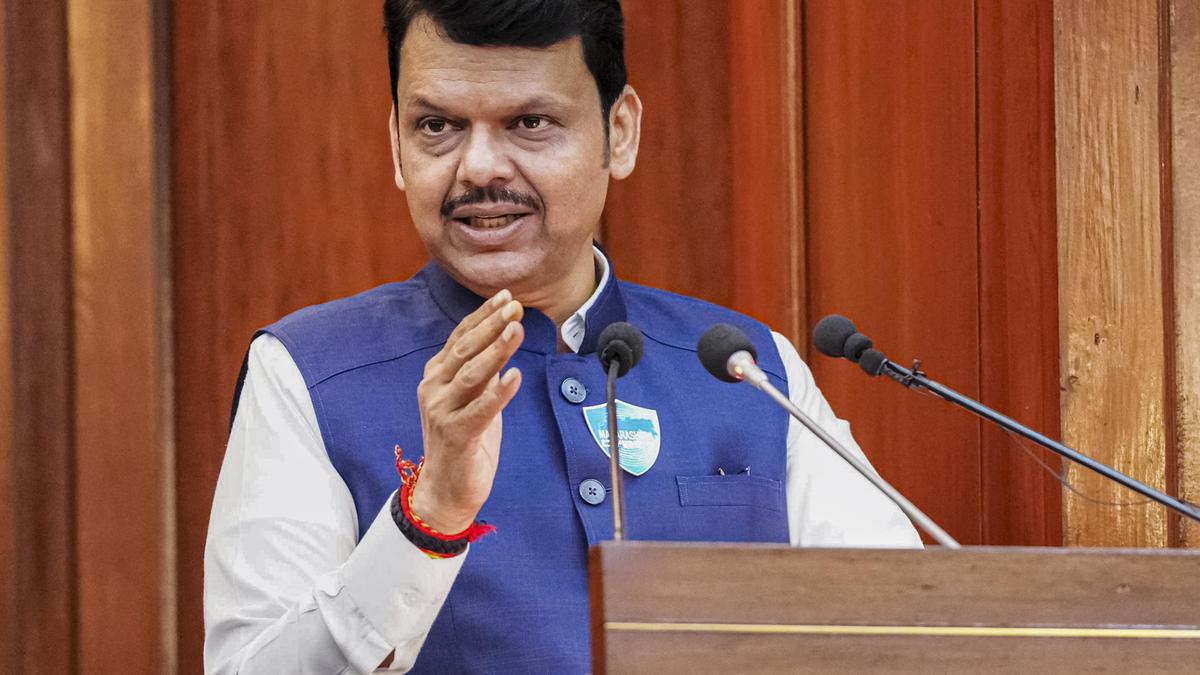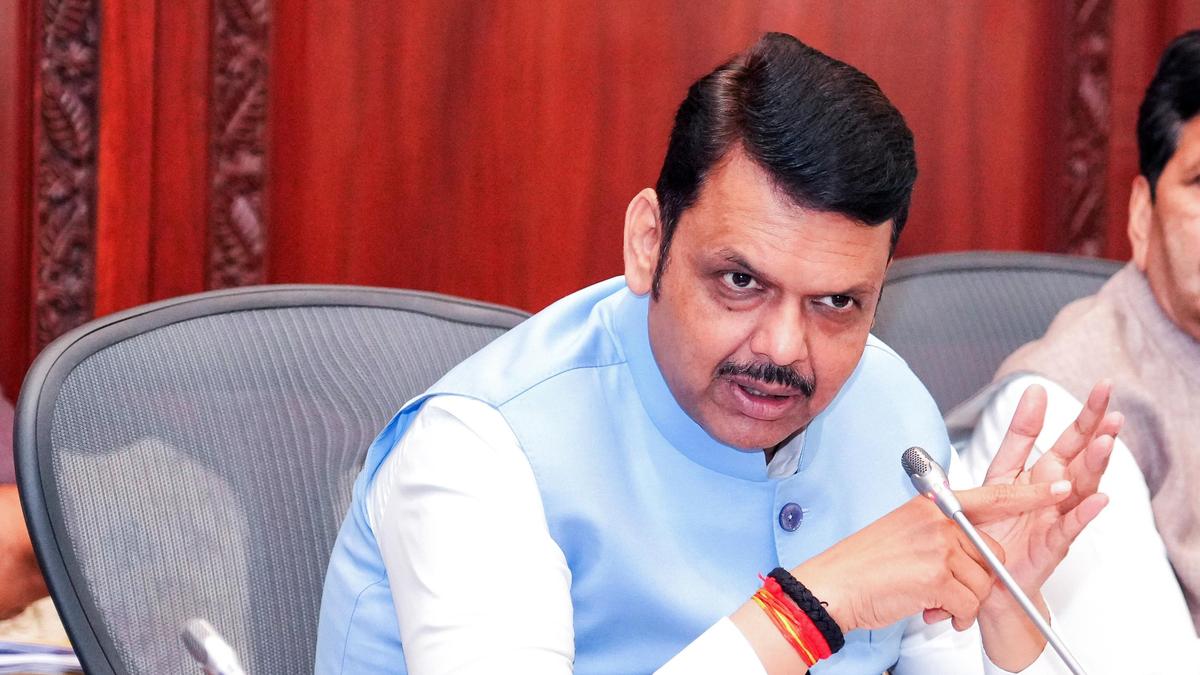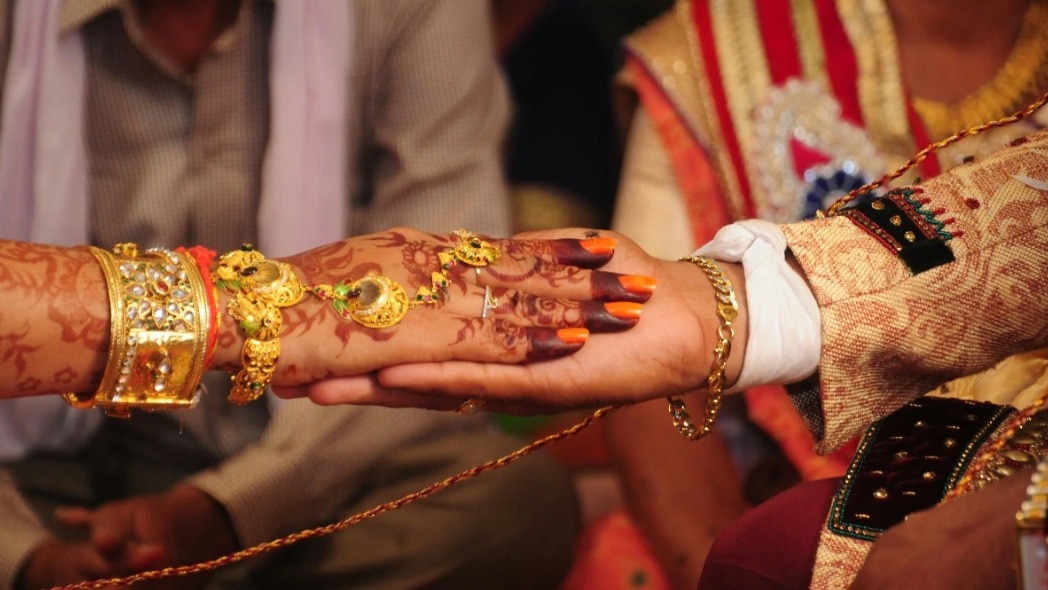A month after four people, including a Kargil war veteran, were killed in police action against protestors seeking Ladakhi Statehood, civil society groups resumed talks on the region’s status with Union Home Ministry (MHA) officials on Wednesday.
The MHA officials indicated to the two groups — the Leh Apex Body (LAB) and the Kargil Democratic Alliance (KDA) — that special provisions guaranteed under Article 371 of the Constitution can be considered for Ladakh, people who attended the meeting told The Hindu.
However, both groups said they continued to demand inclusion under the Sixth Schedule of the Constitution, which recognises tribal status and provides a measure of autonomy and self-governance. They also continued to demand the release of Sonam Wangchuk and other protesters detained after last month’s violence in Leh.

Article 371 deals with “Temporary, Transitional and Special Provisions”, and exists under Part XXI of the Constitution. It is currently applicable in 12 States: Nagaland, Assam, Manipur, Mizoram, Maharashtra, Gujarat, Andhra Pradesh, Telangana, Arunachal Pradesh, Goa, Sikkim, and Karnataka.
Demanding Sixth Schedule status
Cherring Dorjay Lakruk, co-convenor of the LAB and the president of the influential Ladakh Buddhist Association, said the civil society groups were still holding out for Statehood. “It was indicated to us by MHA officials that Article 371 can be considered for Ladakh, but we were adamant on inclusion under the Sixth Schedule of the Constitution [recognising tribal status and providing some autonomy] and Statehood. The officials heard us patiently, took notes of our demands, and said they will come back to us soon. No assurance was given as they also need time to discuss,” he said.
“It was suggested by the Ministry that safeguards available under Article 371 can be explored. However, we have demanded Sixth Schedule,” confirmed Sajjad Kargili of the KDA.
The sub-committee is expected to meet again in the next ten-days, following which the high-powered committee (HPC) led by Union Minister of State for Home Nityanand Rai will also meet.
‘Release Wangchuk, others’
At the sub-committee meeting, attended by ten members of LAB, KDA, and MHA officials, the former raised the detention of Mr. Wangchuk, a prominent Statehood activist who was previously known as a climate campaigner. They also demanded the release of 20 others who have been in judicial custody since they were detained after the September 24 violence in Leh.

On September 10, Mr. Wangchuk, on behalf of the LAB and the KDA, announced a 35-day hunger strike along with 15 others to demand the resumption of talks with the MHA after the breakdown in negotiations on May 27. The striking activists had four demands: inclusion of Ladakh in the Sixth Schedule of the Constitution, Statehood, separate Lok Sabha seats for Leh and Kargil districts, and the filling of existing government vacancies.
Violence erupted during the protest in Leh city on September 24, leaving four dead and more than a hundred people injured. On September 26, Mr. Wangchuk was detained under the National Security Act (NSA) and is presently lodged in Jodhpur prison.
“We strongly demanded the release of Sonam Wangchuk and other detainees without any conditions. We also asked the MHA officials to provide compensation to the families of the four men killed in police firing and also to those injured during the incident,” Mr. Lakruk said.
After Ladakh lost its special status under Article 370 of the Constitution as part of the State of Jammu and Kashmir, it was turned into a Union Territory without a legislative assembly in 2019. Since then, the LAB and the KDA, representing the Leh and Kargil regions respectively, have been demanding Statehood and tribal status for Ladakh, seeking a larger role for locals in decisions relating to land and infrastructure projects.

 2 hours ago
6
2 hours ago
6









 English (US) ·
English (US) ·